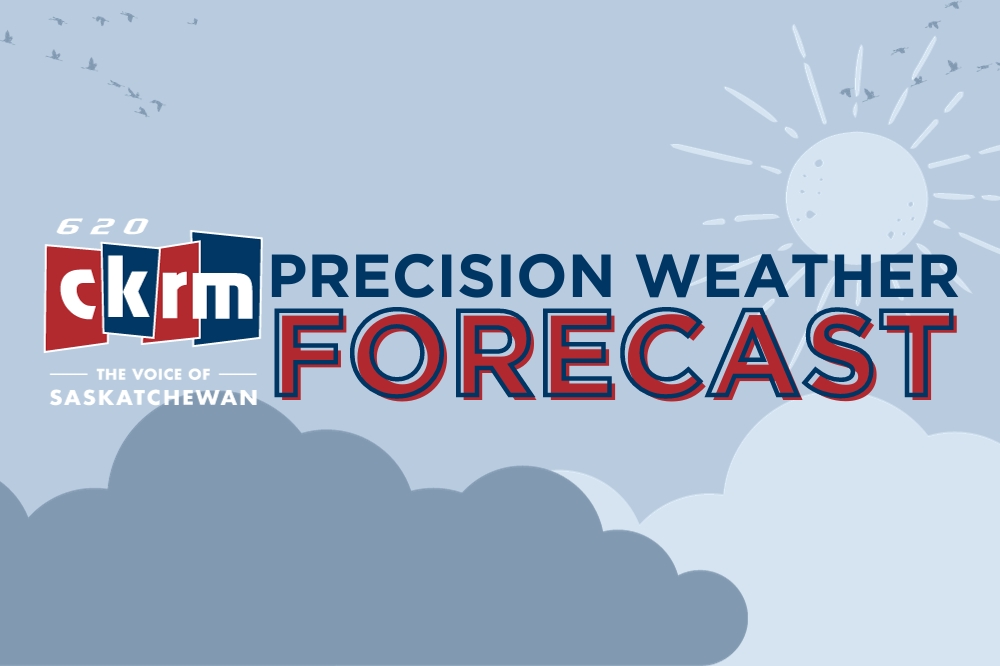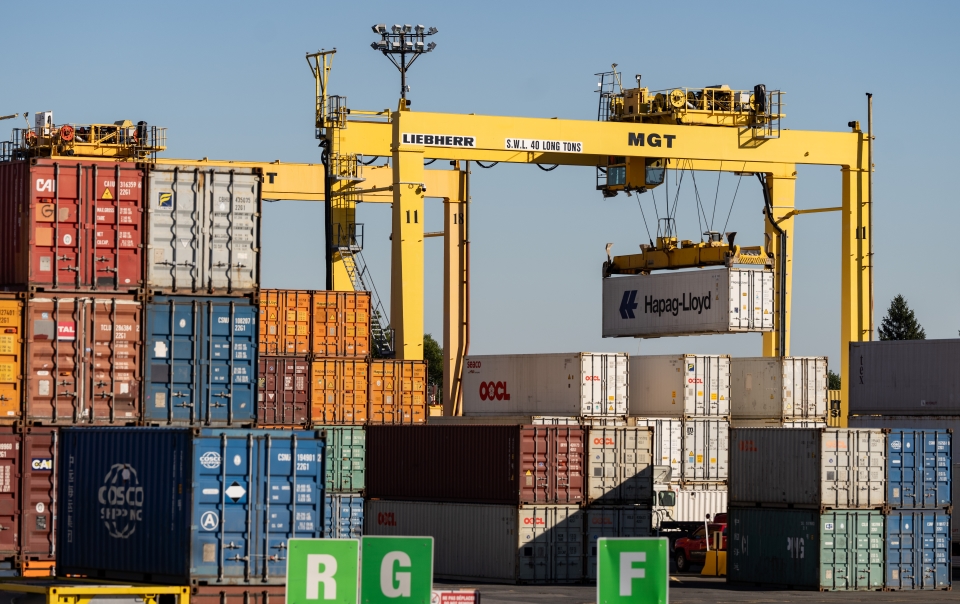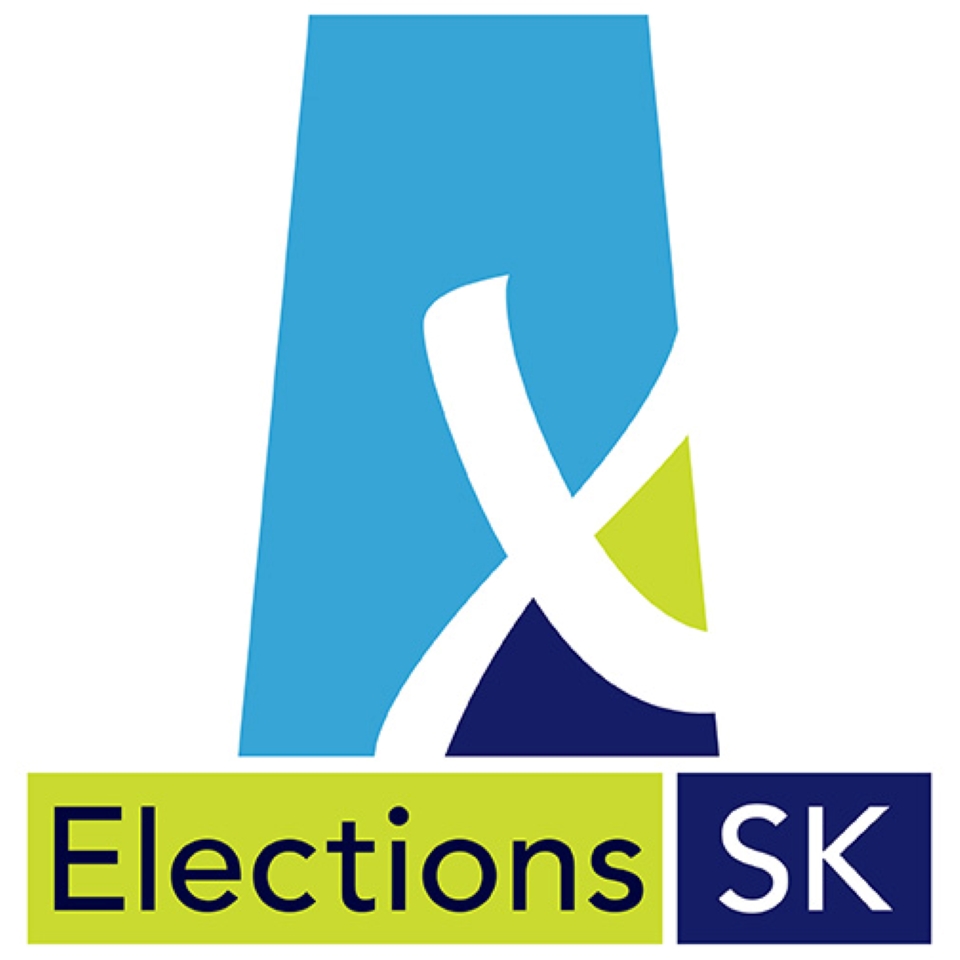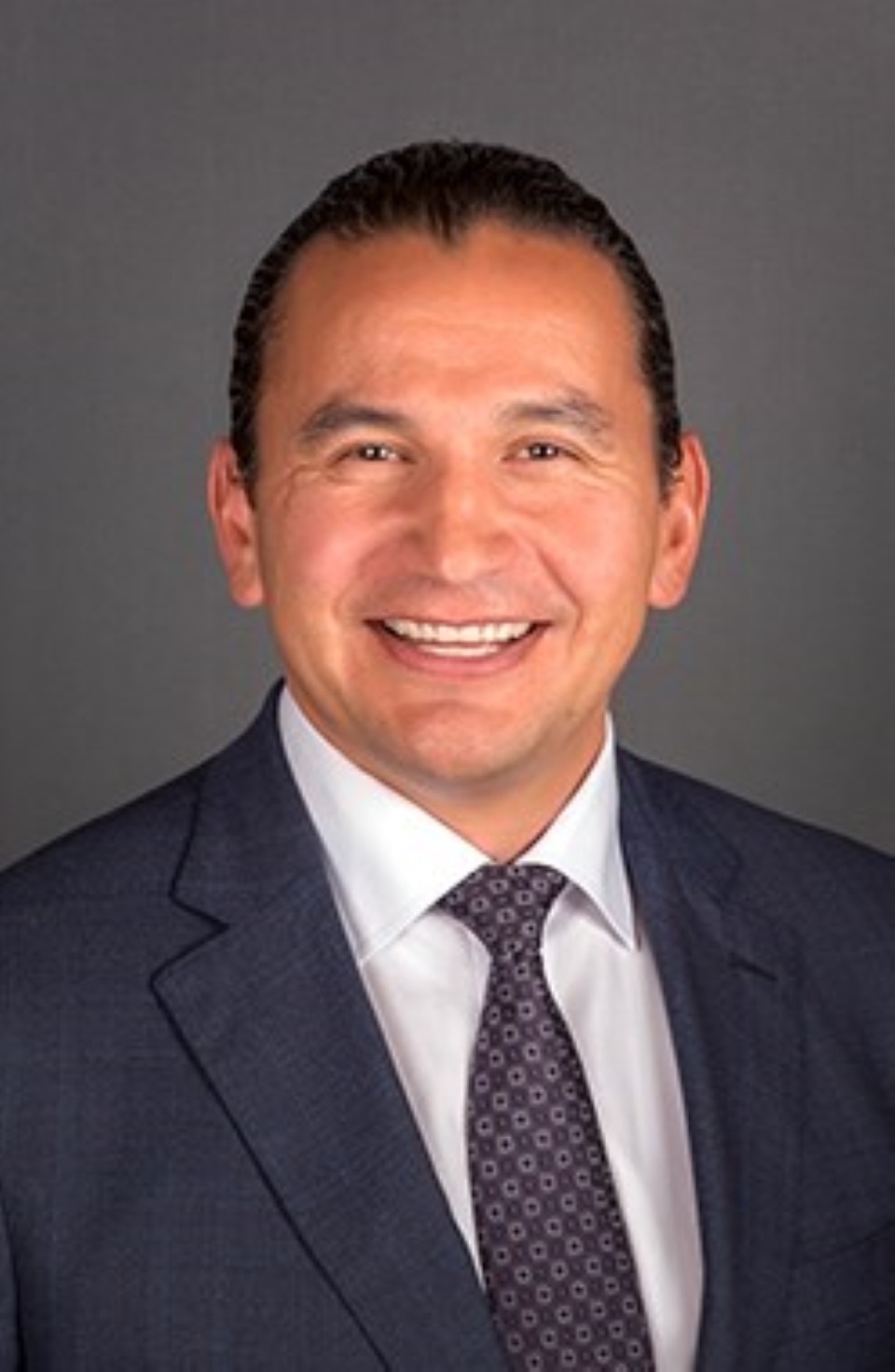The Government of Saskatchewan’s throne speech on Wednesday was more robust than most featuring plans to expand healthcare, education, provincial autonomy, and measures to enhance public safety and reduce crime.
Jim Farney, the director and associate professor at the Johnson Shoyama Graduate School of Public Policy in Regina, said this was one of the most detailed speeches he can remember.
“It’s probably the most sweeping and radical and ambitious throne speech I’ve seen in the last 15 years,” he said. “Even if you were to take the kind of constitutional autonomy stuff out of it, there is an awful lot going on there in terms of a government program.”
He said the speech provided its fair share of surprise.
“The two real surprises to me were that there were four or five fairly significant initiatives, solar power, and urgent healthcare was another, a couple of other things that are implicitly a partnership with indigenous groups or nations,” he said. “I’ve never seen that many partnerships in a throne speech before, so that is a really interesting and, I think, important signal.”
“I think the selling off the remaining liquor stores,” Farney continued. “A long-running question with this Government, going back to 2007, is about where they see the crowns. You could read this simply as a liquor board thing, or you could read it as kind of a trial balloon to test the appetite of the people in Saskatchewan for that sector.”
He said this year’s throne speech was more detailed because the province is coming out of the COVID-19 pandemic, and the economy is thriving.
Also, a part of the throne speech was focused on ‘provincial autonomy.
Farney said that he believes that the Government is looking to gain more than just more votes come to the next provincial election.
“The claim that we are able to unilaterally amend The Saskatchewan Act, which is the provinces constitution, is an interesting one. If we are amending it with regard to things that are clearly provincial powers, it is something that we can simply request to happen,” he explained. “But, it is a federal piece of legislation passed by the federal parliament.”
“If what is asked is stuff that is not clearly provincial legislative but is contested between the federal and provincial government, then it’s not automatic or clear that it something the province can amend on its own.”
He said it would probably require passing both the provincial legislature and the federal house of commons senate.
“You can imagine the amount of disagreement over resources that are going on right now; that is not something simply the province can do on its own,” he said. “We basically have set the stage for a number of years of fairly high-stakes federal-provincial disputes.”








